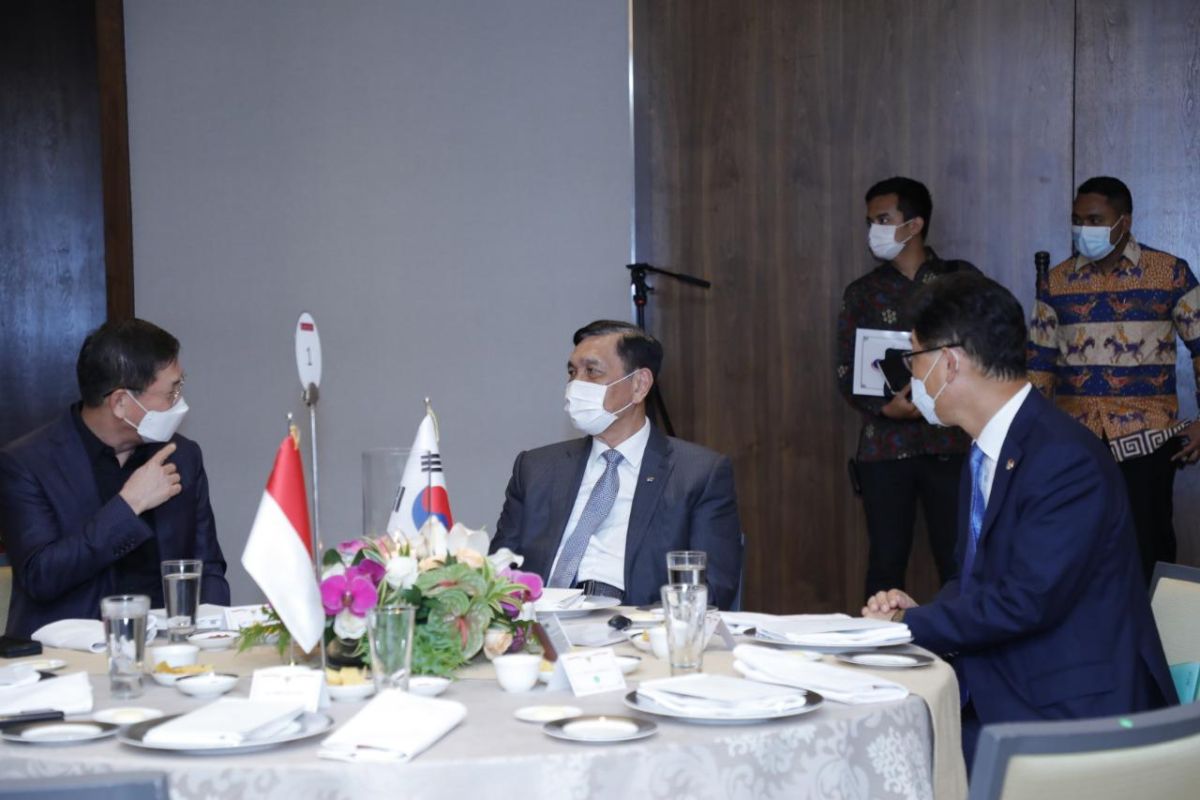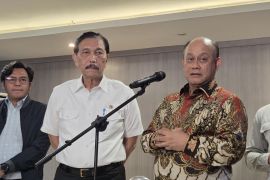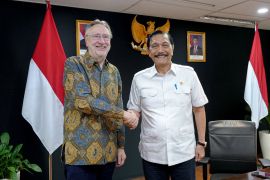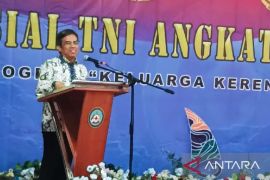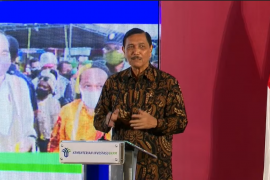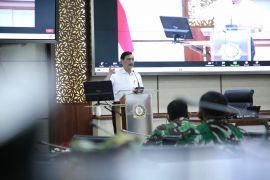Attendees comprised Coordinating Minister for Maritime Affairs and Investment Luhut Binsar Pandjaitan, Head of the Investment Coordinating Board (BKPM) Bahlil Lahadia, Ambassador of the Republic of Korea to Indonesia Park Tae Sung, and Chairman of the Korean Chamber of Commerce in Indonesia C.K Song.
"We have specially prepared this agenda and invited various Korean companies that have invested in Indonesia to demonstrate the Indonesian commitment to strengthening economic cooperation between Indonesia and Korea," Pandjaitan noted in an official statement here on Friday.
For about five decades, Indonesia and Korea have been striving to bolster their cooperative relations. The dialog that was held was part of the Indonesian government's strong commitment to making Indonesia an investment destination for foreign and domestic investors, including businesses from the Republic of Korea, as one of the most important investors in Indonesia over the last few decades.
President Joko Widodo was also keen to foster cooperation between Indonesia and Korea, to which end the Indonesia-Korea Comprehensive Economic Partnership Agreement (IK-CEPA) was signed.
"I believe that this form of cooperation can improve trade and investment relations between the two countries," Pandjaitan remarked.
In 2020, Korea will occupy the fifth position out of the 126 countries that offer large investments in Indonesia. There are 5,467 investment projects under Korean companies, with an investment value of US$1.8 billion.
The cooperation is expected to be developed in various other sectors, such as investment in the new Indonesia Investment Authority (INA) and also the development of downstream metals and renewable energy industries, in order to improve the existing investment climate.
The government has additionally introduced the Job Creation Law or Omnibus Law to support investment, enhance Indonesia's value on the global stage, and increase the number of small and medium enterprises in Indonesia.
In the face of the COVID-19 pandemic, in addition to implementing the Omnibus Law, the Indonesian Government continues to step up the implementation of the vaccination program to thwart transmission of the virus in the community.
"The government believes that implementation of the Omnibus Law and current mass vaccinations can accelerate economic recovery in Indonesia after being affected by COVID-19," he added.
Meanwhile, Pandjaitan remarked that Indonesia's economy shrank by 3.49 percent in the third quarter of 2020, while a contraction of 2.19 percent was recorded in the fourth quarter of 2020, thereby indicating that policies made by the government are on the right track.
"Once again, we affirm that the Indonesian government remains committed to improving bilateral relations between Indonesia and Korea, and I believe the two countries can continue to work together and collaborate for a better future," Pandjaitan stated. Related news: Indonesia-Korea CEPA agreement targets US$20 bln of bilateral trade
Related news: Indonesia, South Korea sign CEPA in Seoul
EDITED BY INE
Translator: Ade irma Junida, Katriana
Editor: Suharto
Copyright © ANTARA 2021
